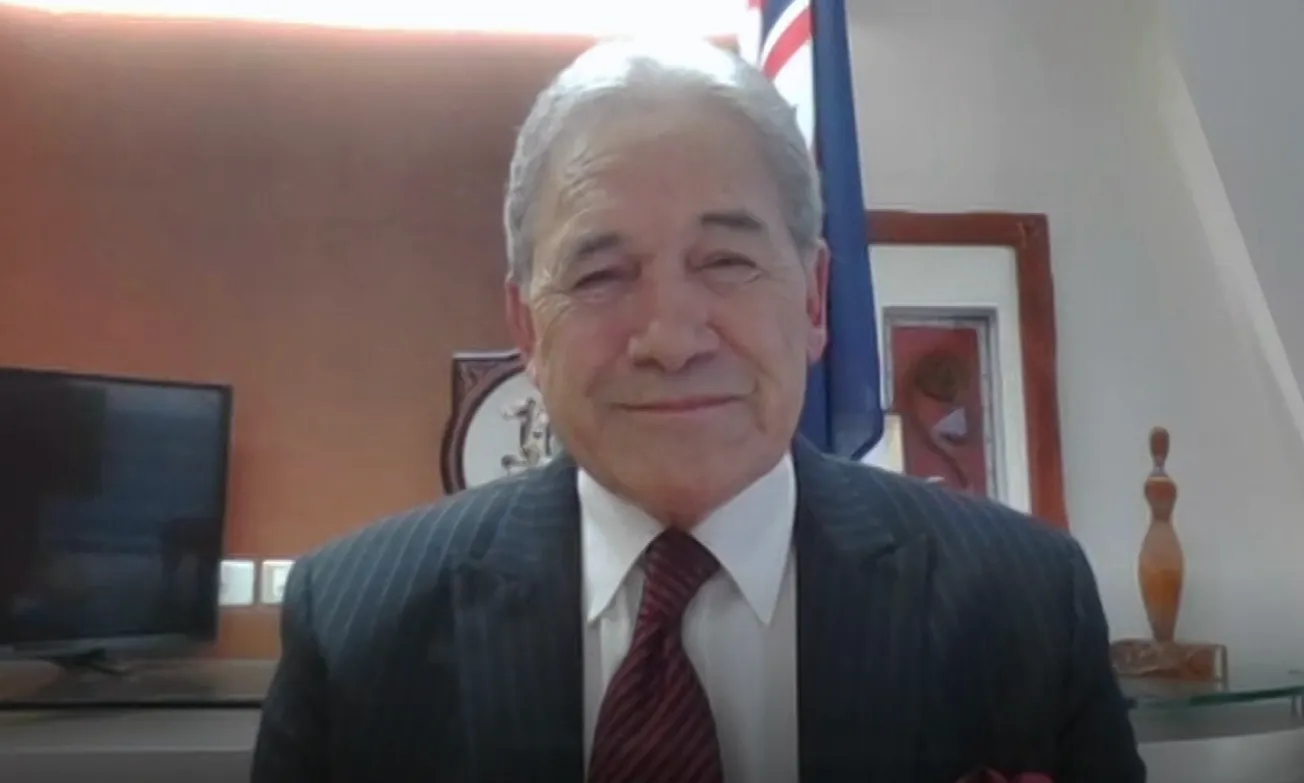Table of Contents
Rex Ahdar
The Rt Hon Winston Peters, Deputy Prime Minister and Minister of Foreign Affairs, likes to trace his political lineage back to the pioneers of parliamentary Maoridom. I will refer to these as the ‘big four’ or better still, the Four Knights. Just as boxing had its celebrated ‘Four Kings’ in the 1980s (Sugar Ray Leonard, Roberto Duran, Thomas “The Hitman” Hearns and Marvelous Marvin Hagler), so New Zealand politics had the Four Maori Knights. This distinguished quartet of parliamentarians – James Carroll (1857–1926), Maui Pomare (1875–1930), Apirana Ngata (1874–1950) and Peter Buck (Te Rangi Hiroa)(1877–1951) – were all knighted. They were members of the Young Maori Party: not so much a party as a collection of like-minded Maori keen to advance the education, health and status of Maori. Their essential strategy was to be educated in European ways and to use the Westminster system to promote the Maori people.
The four shared a common cause, but naturally they were not identical in background nor precise orientation. Of the four, three had a European parent (Pomare being the exception). Three were university graduates: Carroll once quipping he was graduate of the ‘University of Nature’. Three were noted debaters and orators, Buck less so (and more the outstanding scholar and author).
The quartet had a string of firsts for Maori: the first university degree (Ngata), the first cabinet post (Carroll) and the first NZ trained doctor (Buck). Some excelled in athletics: Buck was twice national long-jump champion. All opposed, to varying degrees, the Maori separatists of their day and any talk of te Kotahitanga (the Maori Parliament). Buck and Pomare, the two doctors, supported the passing of the Tohunga Suppression Act 1907. Pomare was more welcoming of assimilation and the melding of Pakeha and Maori; Ngata more solicitous, to preserve and foster Maoritanga and Maori arts.
Winston Peters in his most recent election campaigning was wont to brandish Sir Apirana Ngata’s Treaty of Waitangi booklet and was fond of rattling off these Four Knights as forebears in his political whakapapa.
Many modern Maori from the 1970s onwards have been inclined to diminish the feats of these Four Knights. Damned with faint praise, they were undoubtedly ‘men of their time’, but their time has passed and in this present context new strategies are required. The separatist strain within Maori political thinking has been revivified and drawn strength from the writings of the likes of Dr Ranginui Walker, Dr Hugh Kawharu, Prof Mason Durie, Dr Linda Tuhiwai Smith and lawyer Moana Jackson. These and other Maori and Pakeha scholars and activists provided the philosophical impetus to this contemporary kaleidoscope of varying claims to greater autonomy and self-determination. The co-governance phenomenon is a destination for some, and for others but a staging post for even greater realisation of tino rangatiratanga.
For Mr Peters, this is a retrograde stance that his forebears considered, weighed in the balance, and found wanting. Imagine, if you will, Carroll, Pomare, Ngata and Buck on a Mt Rushmore of the Southern Alps. Winston Peters can. For him, the current crop of rather unimpressive and (comparatively) uneducated Maori politicians are not within cooee of the Four Knights. To use another boxing term, Peters lays serious claim to being the lineal champion of political Maori. It is hard not to agree.









